The psychotherapist, training consultant and academic mentor, Genoveva Díaz, explains in this article how to work on the cognitive training to re-educate behavior.
1. An approach to cognitive processes and emotional processes
People are complex organisms with a brain that develops internal models of the world around us in order to interact with it flexibly, allowing us to adapt to changes. Or, in other words, we are predictive beings who use our brain to imagine different scenarios that allow us to rehearse possible responses and anticipate possible outcomes, and once decisions are made, discard undesirable scenarios and choose the options most favorable to us.
With this idea, we must start from the premise that no child will consciously choose to be “the disruptive one,” “the aggressive one,” “the lazy one” or “the absent-minded one” in the class or family. If this happens, something is failing in their cognitive processes. More specifically, in the cognitive processes responsible for the control and regulation of behavior.
2. The cognitive processes that shape behavior: executive functions
What we ask of a healthy brain is that it allow us to carry out effective behavior (M. Lezak, 1982), socially acceptable, intelligent behavior (J. Tirapu Ústarroz, et al). We will achieve this after having planned a course of actions and making decisions for their execution.
These cognitive processes are handled by the executive functions, which are located in the frontal lobe of the brain, and we can define them as the set of skills that allow us to plan, regulate, control and execute our behavior to achieve our goals.
For all these reasons, it is difficult to separate the cognitive from the emotional, since when the executive functions are activated, they do so so that the person functions in a normalized and healthy way. To do this they will combine information from what we know through our memory to retrieve previous knowledge, from attention to estimate outcomes and from processing speed to make a decision.
3. Neurocognitive training
At the UpGrow practice, when a family comes to consultation at the suggestion of the school or because they themselves have observed some disruptive behavior, we begin working with the child through play. Play is a tool that allows us to know the person in their essence, because each game is an imaginary or fantastic representation of real or habitual situations.
In play there are rules that must be known and respected. When we play the conscious brain relaxes, information enters without bias, allowing natural and lasting learning. There are many types of games, manipulative and multimedia, and we can use them to work on various cognitive processes and, consequently, behavioral ones.
Cognitive training with NeuronUP
The NeuronUP cognitive rehabilitation and stimulation platform complements the psychopedagogical intervention we carry out in the practice, because it is designed in a playful and digital format. In the topic at hand, which is the re-education of behavior through neurocognitive training, we program sessions with activities that improve the following behavioral competencies.
7-year-old girl with attentional and math difficulties
To give an example:
If we want to complement our intervention in the case of a 7-year-old girl with attentional difficulties, accompanied by difficulties in the mathematics area, we will schedule sessions on the NeuronUP training platform with games that require exercising the attentional processes and that involve the use of logical-mathematical reasoning, gradually adding numerical activities.
At first, we try to work on the mathematical skills in a way that is not obvious to the student, thus avoiding her finding a connection with school content and having a negative or rejecting reaction. Some examples of these games that combine attention and mathematics are:
- Organize the Farm: it is a picture-based “Sudoku” focused on working working memory, cognitive flexibility, planning and reasoning,
- Counting: a sequence of sounds is presented that must be listened to attentively (sustained attention) in order to count them and give a result at the end. We are working on the executive functions of working memory and processing speed.
Attention, through hearing, can also be worked on with the activity Orchestra Conductor.
- To work on reasoning, working memory and processing speed, there are several activities with numbers:
- Put Numbers in Order: processing speed,
- Mixing Numbers: mathematical reasoning,
- Bottle Caps: working memory, sustained attention, hemineglect, inhibition.
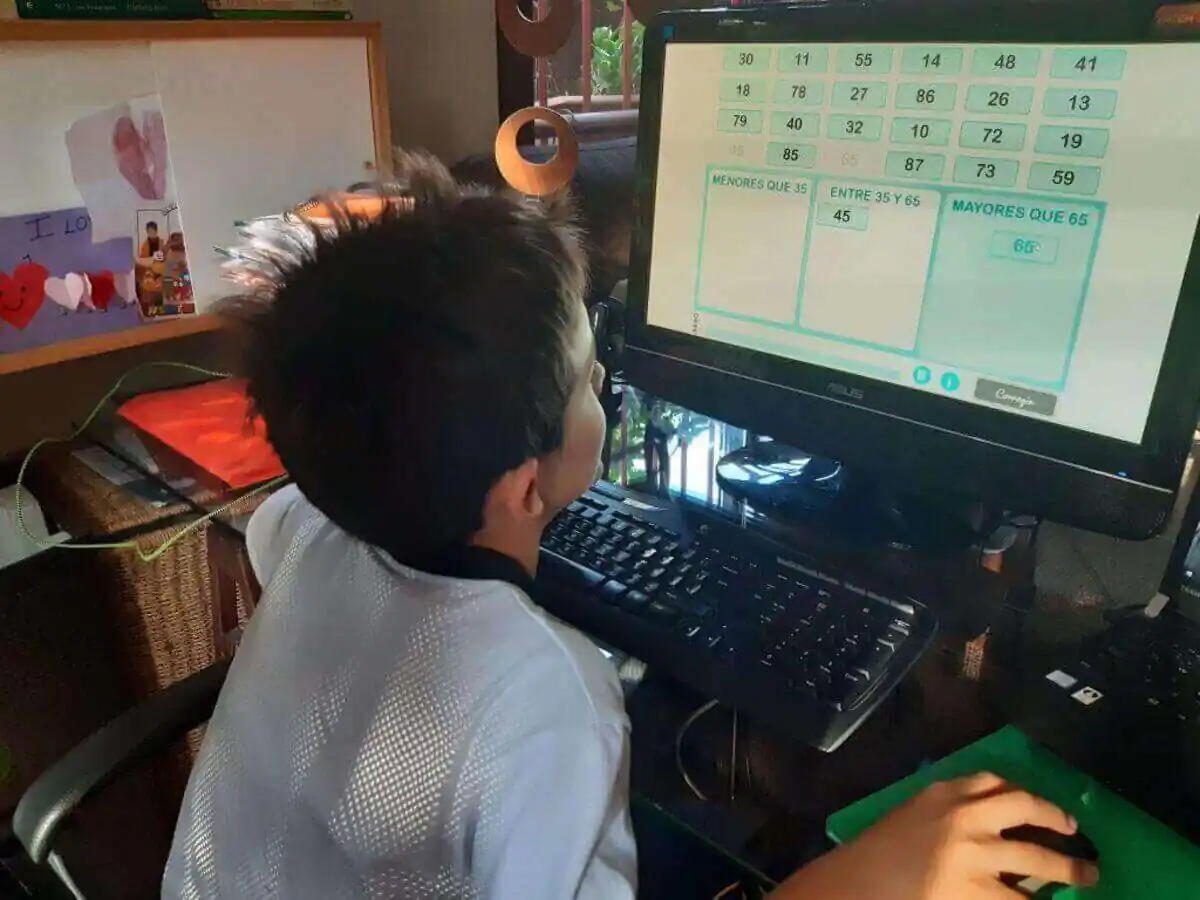
Conclusions
The idea in writing this article is to make a quick approach to how the functioning of our cognitive processes models our behavior.
If a student feels that they have their own strategies to pay attention in class, understand explanations, raise their hand, go to the board to solve a problem… consequently, they are accompanied by a set of positive emotions that will motivate their effort and promote their “good” behavior.
If a boy or girl does not respond naturally to what is expected, what we consider normalized or typical, something is happening and we will have to find out what it is and intervene in it. Everything can be trained and improved.
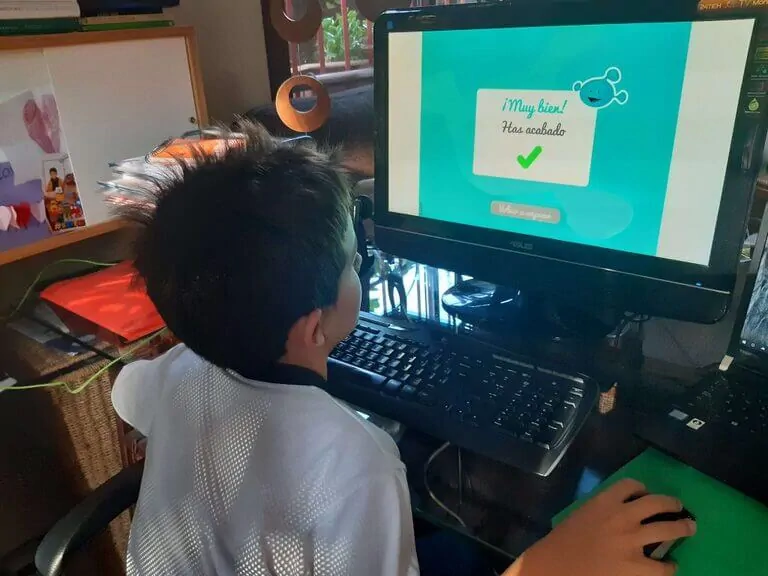
“Life is like a game in which we do not choose the starting square nor know the rules to begin playing. It’s not about winning the game, it’s about enjoying it and growing.”
Genoveva Díaz
If you enjoyed this article on cognitive training, you may also be interested in the following articles:
“This article has been translated. Link to the original article in Spanish:”
La reeducación de la conducta a través del entrenamiento cognitivo

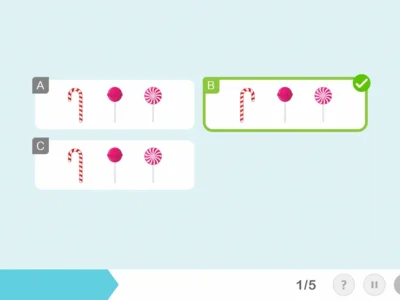
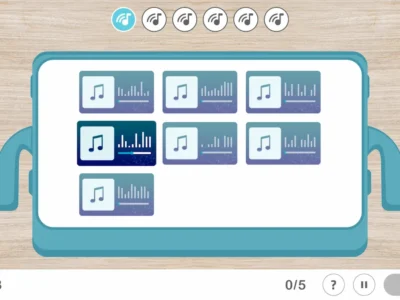
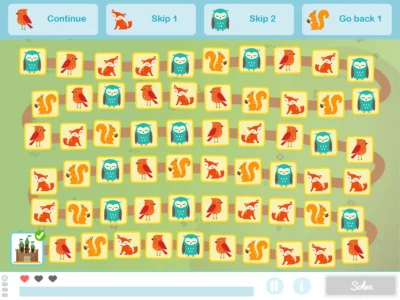
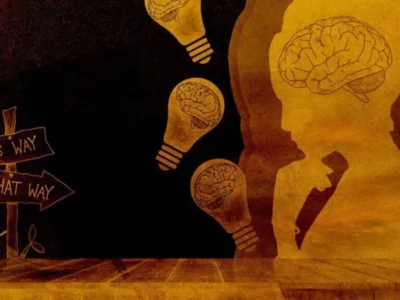
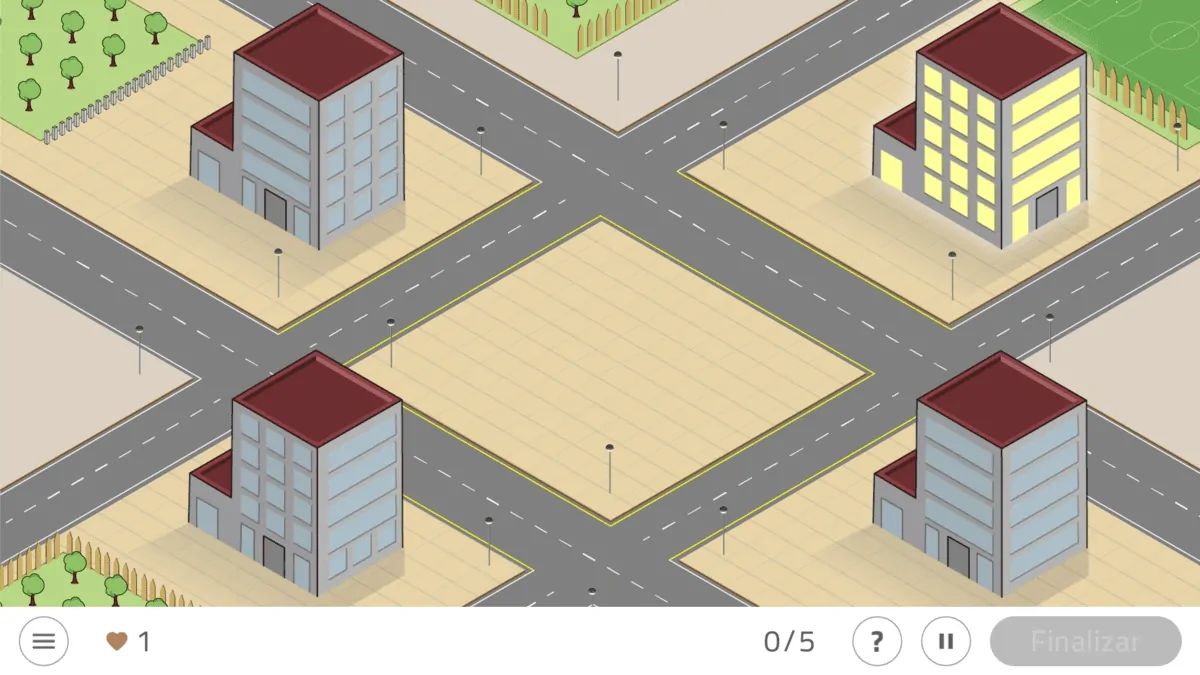
 Traumatic Brain Injury and Its Neuropsychological Rehabilitation in Executive Functions
Traumatic Brain Injury and Its Neuropsychological Rehabilitation in Executive Functions
Leave a Reply